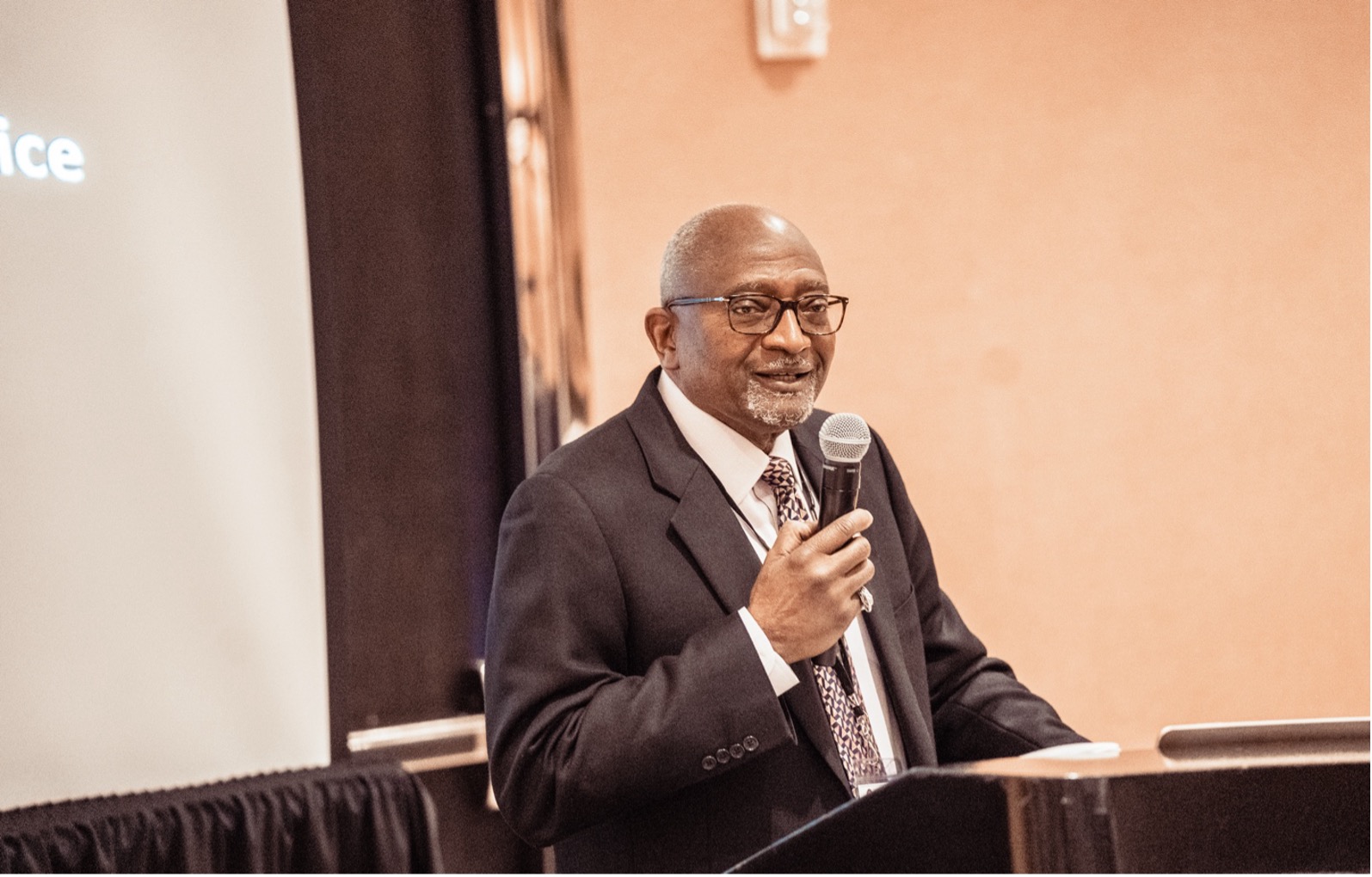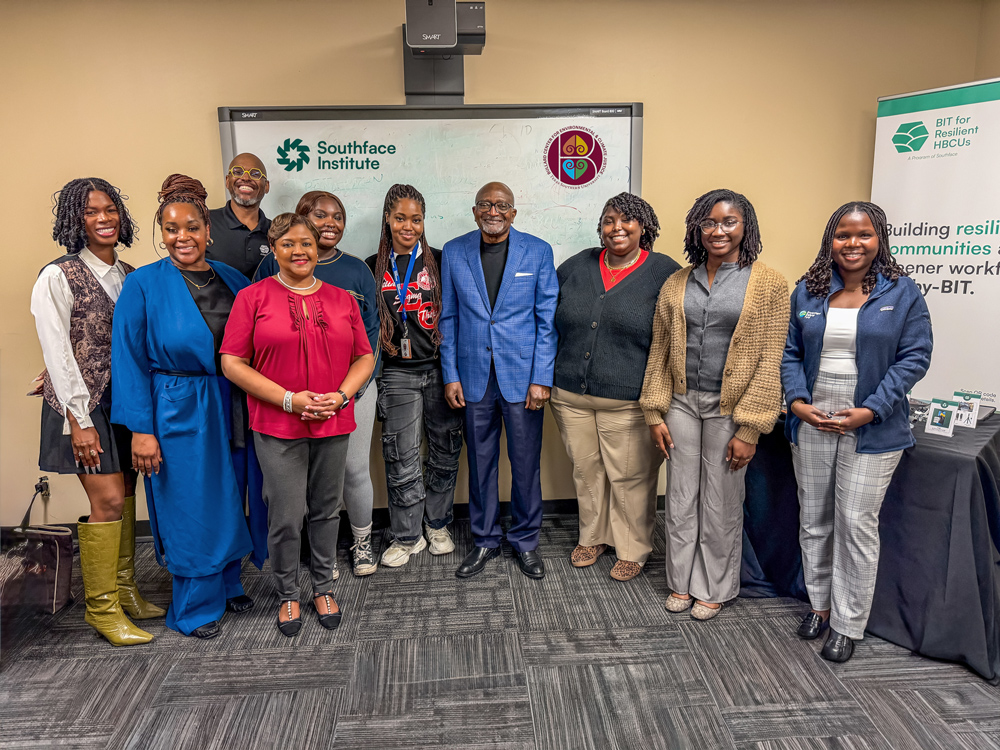Lorem ipsum dolor sit amet, consectetur adipiscing elit. Suspendisse varius enim in eros elementum tristique. Duis cursus, mi quis viverra ornare, eros dolor interdum nulla, ut commodo diam libero vitae erat. Aenean faucibus nibh et justo cursus id rutrum lorem imperdiet. Nunc ut sem vitae risus tristique posuere.
Dr. Robert D. Bullard, founder of the Bullard Center for Environmental and Climate Justice at Texas Southern University, lent his voice and expertise to timely conversation focusing on ways to build health and resilience research capacity in the Gulf Coast region, especially among populations and communities most vulnerable and hardest hit by year-round severe weather events, including heatwaves, Winter storms, tornados, hurricanes and floods. The Gulf Research Program at the National Academies of Sciences, Engineering and Medicine (NASEM) Gulf Research Program (GRP) and Robert Wood Johnson Foundation (RWJF) brought together thought leaders, scholars, researchers and practitioners from Historically Black Colleges and Universities (HBCUs) and other Minority-Serving Institutions (MSIs) in a one-day workshop in New Orleans to explore some of the best practices, body of evidence, and proven models that enhance the design and implement interdisciplinary community-university partnerships research on climate change and public health and resilience strategies that support our most climate-vulnerable and underserved populations and communities that help them prepare for future climate emergencies.
During the first workshop, held in October of 2024, Dr. Bullard highlighted decades of work building HBCU-Community-Based-Organizations (CBO) using community based participatory research (CBPR) approach that enhance and drive research, education and training, policy and community engagement work. He offered that HBCUs have always “punched above their weight,” and have played a vital role in training generations of educators, researchers, scientists and leaders who document the facts and tell the full story of how environmental, economic, political and other social determinants of health, particularly across the Gulf Coast, place Black and other people of color communities at higher threats from climate change. Many of these facts are documented in his 18 books, written over the past three decades.
Bullard emphasized that for decades HBCU-led research has been foundational in environmental and climate justice and health healthy and the findings have influenced national policy—and are not sustainable without long-term funding models. His recommendations centered around NAS-GRP endowing the uninterrupted work the HBCU-led centers and consortia he and his colleagues have led for four-plus decades, without any of the centers or consortia being endowed. “Endow the work, endow the centers, endow the consortium, endow these collaborations and collaborators,” said Dr. Bullard. His decades of teaching, research, writing, civic engagement and advocacy work is grounded in his belief that environmental and climate justice, and health equity work must begin with the people most impacted and reinforced by core principles that resilience research and climate intervention initiatives in the Gulf Coast are most effective when co-designed and co-led with frontline communities. That is the model he helped develop and practiced over many years and that’s the model he recommended to the NAS-GRP.
The Second Workshop Proceedings are now available for viewing.





